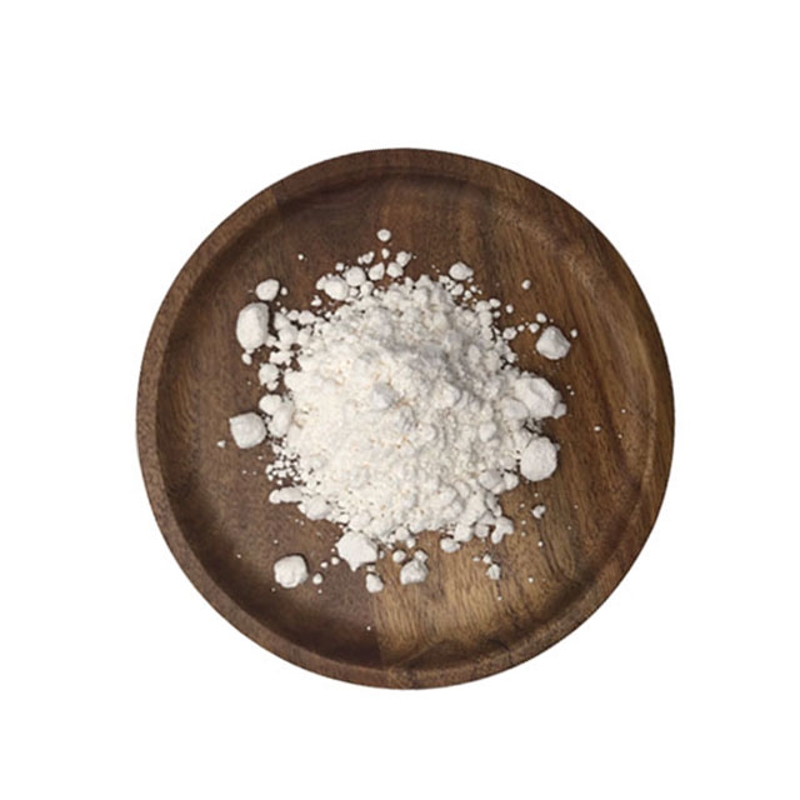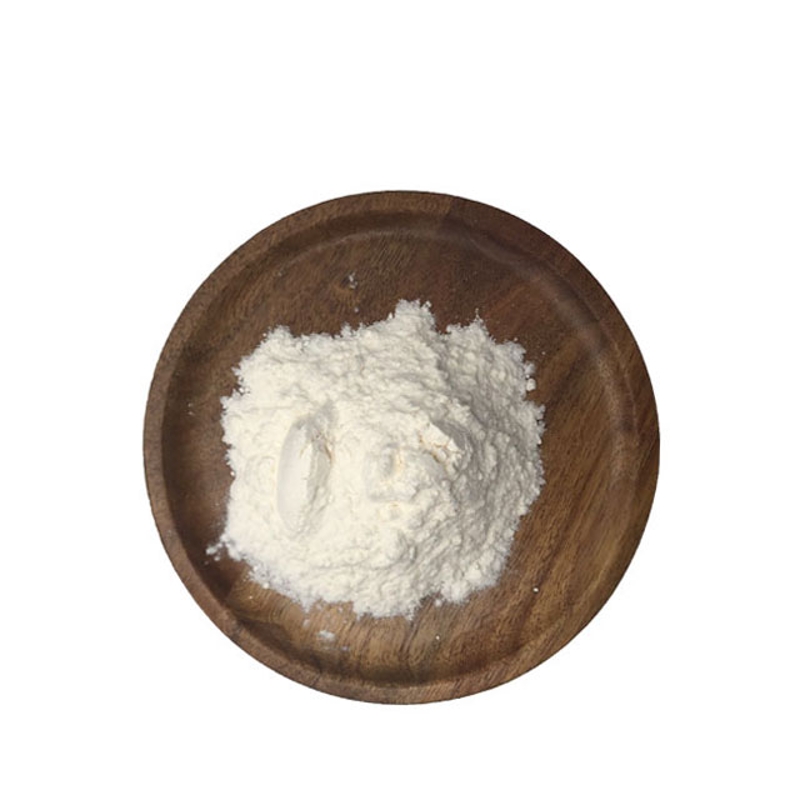-
Categories
-
Pharmaceutical Intermediates
-
Active Pharmaceutical Ingredients
-
Food Additives
- Industrial Coatings
- Agrochemicals
- Dyes and Pigments
- Surfactant
- Flavors and Fragrances
- Chemical Reagents
- Catalyst and Auxiliary
- Natural Products
- Inorganic Chemistry
-
Organic Chemistry
-
Biochemical Engineering
- Analytical Chemistry
- Cosmetic Ingredient
-
Pharmaceutical Intermediates
Promotion
ECHEMI Mall
Wholesale
Weekly Price
Exhibition
News
-
Trade Service
Since "Science" magazine ranked immunotherapy as the top ten scientific breakthroughs, this therapy has become a new hope for many cancer patients
.
In recent years, with the continuous deepening of research on tumor immunology, cell biology and molecular technology, tumor immunotherapy has entered a golden period.
T-lymphocyte (T-lymphocyte), as an important immune cell, has become the core pillar of tumor immunotherapy due to its ability to monitor and eliminate foreign invaders
.
But it is worth noting that the availability of nutrients (such as L-arginine) is essential for T cell function and immune response
Recently, a new study from the scientific research team of the University of California found a breakthrough for this problem.
They discovered a kind of engineered probiotics that can be targeted to colonize cancer cells, which can "turn waste into treasure" and reduce tumor size.
The metabolic waste in the environment is converted into L-arginine, which promotes the anti-tumor immune response of T cells, and provides a new strategy and basis for improving the effect of clinical T cell therapy
.
Related research was published in the top journal "Nature" with the title Metabolic modulation of tumours with engineered bacteria for immunotherapy
(Document DOI: https://doi.
org/10.
1038/s41586-021-04003-2)
org/10.
1038/s41586-021-04003-2) (Document DOI: https://doi.
org/10.
1038/s41586-021-04003-2)
Previous studies have shown that supplementing with L-arginine can prolong the survival time of T cells in mice with melanoma, enhance the generation of immune memory, and improve tumor killing
.
However, in fact, it is not practical to supplement patients with L-arginine in clinical practice.
(Illustration: A method to enhance the anti-tumor immune response)
(Picture note: a method to enhance anti-tumor immune response) (Picture note: a method to enhance anti-tumor immune response)As we all know, Escherichia coli Nissle1917 (ECN) is a probiotic strain first isolated from the feces of an anti-diarrhea soldier in 1917 by German doctor Alfred Nissle.
Because it is harmless to the human body, it does not produce secretion toxins and also It does not have the characteristics of long-lasting adhesion of heme, and is now widely used in medical applications such as delivery, release and tumor treatment
.
In this latest study, researchers genetically modified ECN, deleted the arginine inhibitor gene (ArgR), and integrated the ArgA fbr mutation that is not inhibited by negative feedback regulation to construct an engineered probiotic.
" "L-Arg bacteria", which can specifically colonize tumors and convert the metabolic waste "ammonia" accumulated in tumors into L-arginine
.
(Legend: Schematic diagram of L-Arg bacteria)
(Legend: Schematic diagram of L-Arg bacteria) (Legend: Schematic diagram of L-Arg bacteria)In further experiments, the researchers used L-Arg bacteria to C57BL/6 mice with colon cancer (MC38) by intratumoral injection.
The study found that L-Arg bacteria can increase L-arginine in tumors.
Acid concentration increases the number of tumor infiltrating T cells and promotes the function of effector T cells
.
In addition, the combined use of L-Arg bacteria and PD-L1 targeting antibody can increase the anti-PD-L1 therapeutic effect by nearly 30% and limit the growth of tumors in mice.
Not only that, the study authors also observed similar results in the melanoma mouse model (B16-OVA)
.
More importantly, when MC38 cells were re-inoculated in mice whose tumors had completely subsided, the tumors did not grow, indicating that the mice had formed long-term immunity
(Illustration: L-Arg bacteria and PD-L1 blockade synergistically promote MC38 tumor rejection)
(Legend: L-Arg bacteria and PD-L1 blockade synergistically promote MC38 tumor rejection) (Legend: L-Arg bacteria and PD-L1 blockade synergistically promote MC38 tumor rejection)All in all, the groundbreaking research results provide substantial support for the use of bacteria to regulate the tumor microenvironment, and the results have the potential for clinical transformation
.
However, it is worth noting that although there are no obvious side effects after the injection of L-Arg bacteria in mice with cancer, its effectiveness and safety on the human body still need to be further explored.
Original source:
Canale, FP, Basso, C.
Metabolic modulation of tumours with engineered bacteria for immunotherapy in this message







